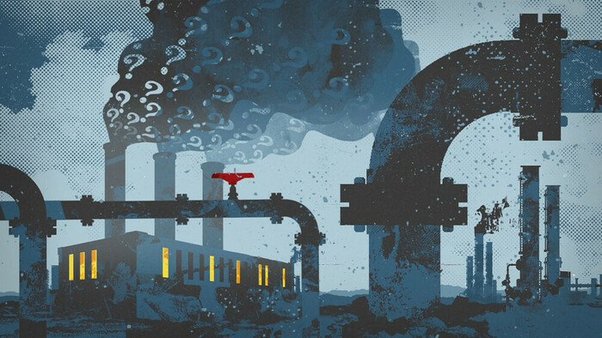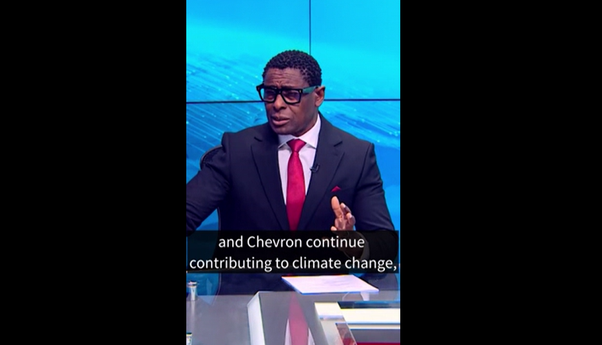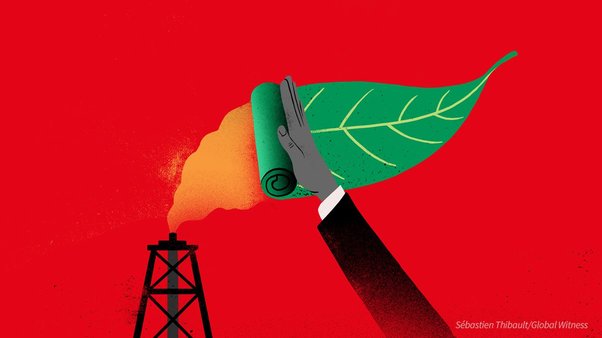Chevron is under scrutiny over concerns that it consistently misrepresents its image across social media, television and other marketing avenues to appear climate-friendly and racial justice-oriented, while its business operations overwhelmingly rely on climate-polluting fossil fuels that disproportionately harm communities of color.
Today, Global Witness, Earthworks, and Greenpeace USA, represented by Richman Law and Policy, have jointly filed a groundbreaking complaint to the US Federal Trade Commission (FTC) concerning the oil giant’s misleading ads.
The complaint argues that Chevron’s misrepresentation of its business activities goes against advertising guidelines established by the FTC called the “Green Guides,” designed to help marketers avoid making misleading environmental claims.
FTC action on this complaint would be the first use of the Green Guides against any fossil fuel company from misleading the public on the climate and environmental impact of its operations.
We are calling on the FTC to require that Chevron remove misleading ads, refrain from releasing misleading ads in the future, and face any relevant penalties as just and proper.
Chevron is the second most polluting company in the world. Yet…
Chevron is attempting to appeal to climate-conscious consumers through a number of claims demonstrated in the complaint to be false and misleading. These core deceptions include:
1. Chevron portrays itself as ‘ever cleaner’ or ‘clean’
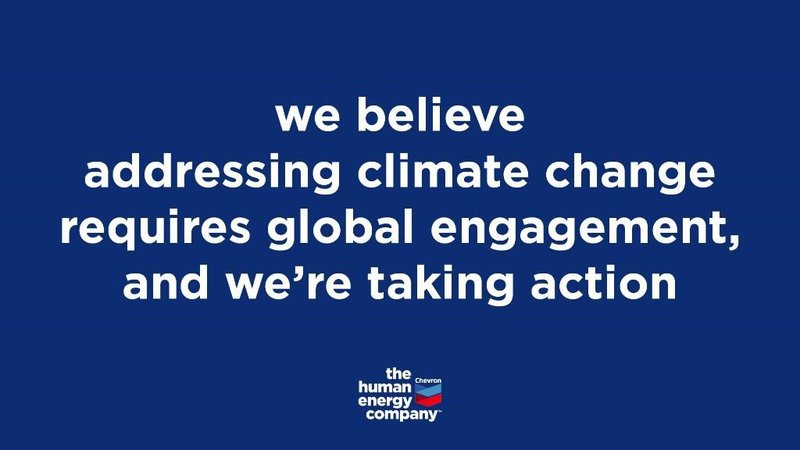
In reality, Chevron’s investments in clean energy constitute a miniscule percentage of its total expenditures, as the complaint describes.
In fact, only 0.2% of Chevron's capital expenditures from 2010-2018 were in low-carbon energy sources.
And Chevron’s annual report from 2019 shows that its net production of crude oil, natural gas, and oil-equivalent all increased in 2019 compared to 2018 and 2017.
2. It implies its business operations do not harm (and even help) the environment
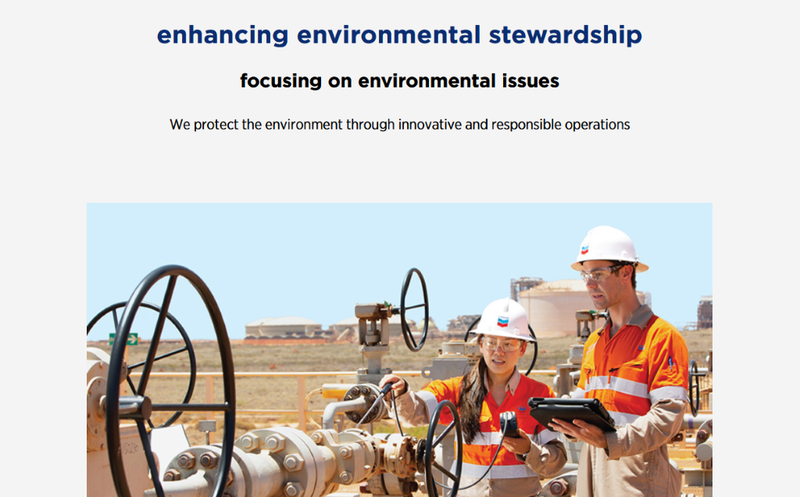
In reality, Chevron is the second most polluting company in the world and has contributed more than 43.35 billion tons of carbon dioxide equivalent in greenhouse gases since 1965.
Looking to the future, analysis of data from energy consultancy Rystad Energy shows that Chevron is forecast to increase its total oil production by 11% from 2019 to 2030.
Meanwhile, just this past February, an oil spill at Chevron’s refinery in Richmond, California leaked around 600 gallons of oil into the San Francisco Bay.
At the same time, Chevron began running an ad on Facebook touting its role in a low carbon future: The ad that began running on February 10, 2021 features the voice of Barbara Burger, Chevron’s VP of Innovation, responding to the question, “What can [C]hevron do to create a lower-carbon future?”
She says: “We’re incorporating renewable. We also invest in technologies: carbon capture, hydrogen, nuclear. It’s gonna take developments in a number of these areas to be able to do it.”
The complaint also shows examples of Chevron’s advertisements touting its investments in carbon capture, utilization, and storage (“CCUS”) technology as an adequate means to significantly reduce its carbon emissions.
But in reality, CCUS remains a small-scale industry beset by high costs, the complaint contends. Research commissioned by Global Witness and Friends of the Earth Scotland, carried out by the renowned Tyndall Manchester climate research center, found that the majority of CCUS that exists globally is being used to extract more oil.
3. It misrepresents the benefits of biomethane with what it calls 'renewable natural gas'
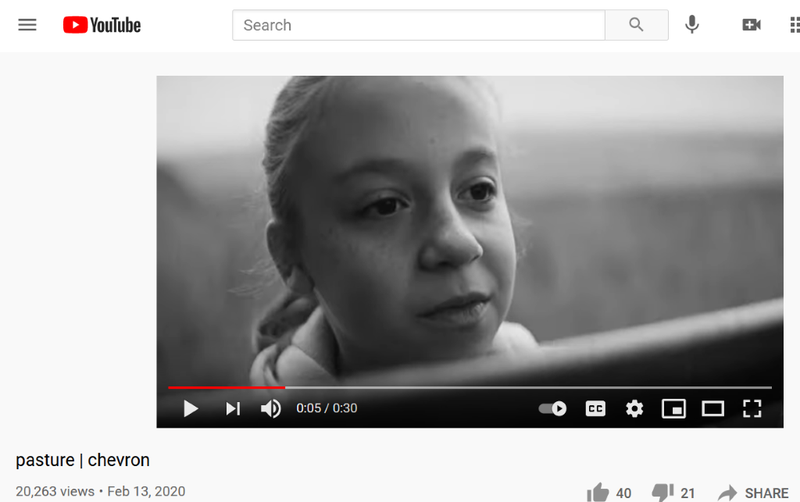
In reality, Chevron’s use of biomethane is not “clean” or a truly renewable fuel source, the complaint describes.
Chevron’s biomethane projects rely in large part on raising animals in high concentrations on factory farms, which have adverse impacts for human and environmental health and perpetuate a damaging and unsustainable agricultural model.
Biomethane, like fossil gas, is also a powerful greenhouse gas – and leaks into the atmosphere throughout the supply chain, directly contributing to global heating.
4. It depicts itself as a racial and social justice advocate
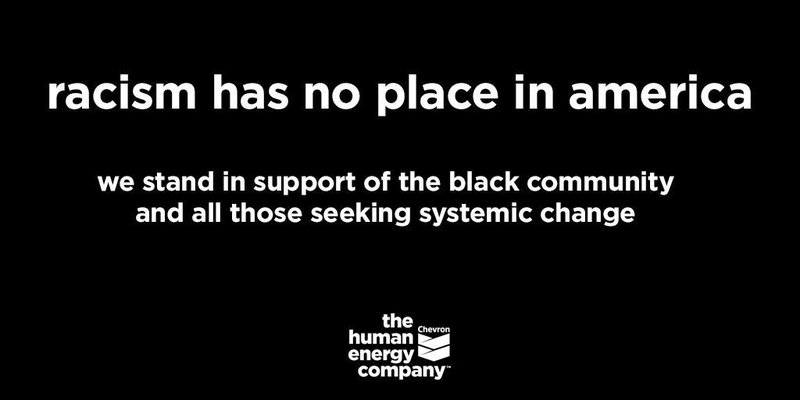
In reality, Chevron’s business operations exacerbate racial inequalities and disproportionately harm people of color. For instance, in 2012, Chevron’s refinery in Richmond, California had a fire that resulted in 15,000 people – including many from the city’s roughly 20 percent Black and 41 percent Latino population – needing medical attention for respiratory problems, chest pains and headaches caused by toxic smoke from the blaze.
Chevron later pleaded no contest to six criminal charges and agreed to pay $2 million in fines.
The FTC must hold Chevron accountable for any misleading claims in its advertising and marketing, to ensure that corporate “greenwashing” does not go unchecked.
